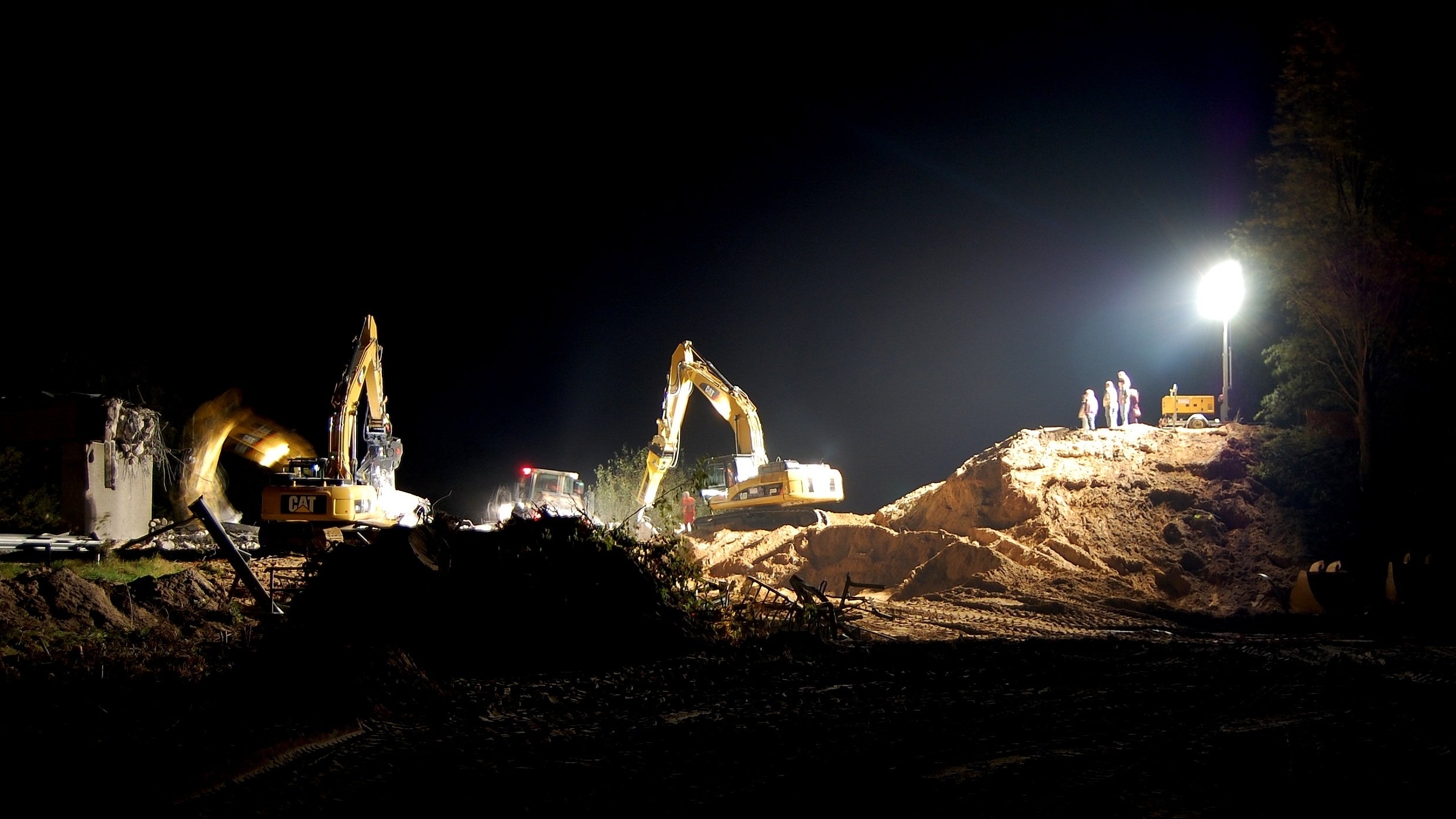Employees who work permanently at night are more dissatisfied with their work-life balance and rate their health worse than other employees. Full-time permanent night workers are particularly at risk, working an average of 46 hours per week, significantly longer than other full-time employees. These and other findings can be found in the new baua: compact report "Dauernachtarbeit in Deutschland. Working against biological and social rhythms" by the Federal Institute for Occupational Safety and Health (BAuA). The report also provides information on the legal regulations on night work and how to organize it in a health-friendly manner.
Night work can be necessary for many reasons. It often occurs in connection with shift systems. Some employees work exclusively at night. Permanent night workers are most common in the manufacturing industry and the transport and warehousing sector, as well as in the health and social services sector. Almost a third (31%) of permanent night workers work part-time. They appear to use night work to improve their work-life balance - as they are often more satisfied with their work-life balance than full-time permanent night workers.
Overall, 77% of all employees say that they are satisfied or very satisfied with their work-life balance. This figure is only 61% for employees working permanent night shifts. Only around one in two employees in permanent night work (51%) rate their own general state of health as good to very good, compared to 62% of all employees. Permanent night work is also often accompanied by health complaints. Employees most frequently complain of lower back pain (60%) and general tiredness, fatigue or exhaustion (56%). Respondents also frequently report physical exhaustion (44%) and sleep disorders at night (43%). This is the result of an evaluation of the representative BAuA Working Time Survey 2015. It should be noted that employees working night shifts not only have unfavorable working hours, but also more physically demanding working conditions. At the same time, it can be assumed that people with health problems are less likely to work at night. Overall, continuous night work cannot be advocated from an occupational science perspective, as working against the biological clock and social rhythms is associated with high health risks. Employees with long working hours are particularly at risk.
Established ergonomic findings suggest that as few night shifts as possible should follow one another. Such a night shift phase should be followed by as long a rest phase as possible. Working hours at night should also be as short as possible, predictable and transparent for employees. Time off in lieu should take precedence over financial bonuses. Night work should only be carried out under close medical supervision. The report also refers to further ergonomic recommendations and regulations for the protection of night workers in the Working Hours Act.
Den baua: Compact report "Permanent night work in Germany. Working against biological and social rhythms" is available as a PDF on the BAuA website.


